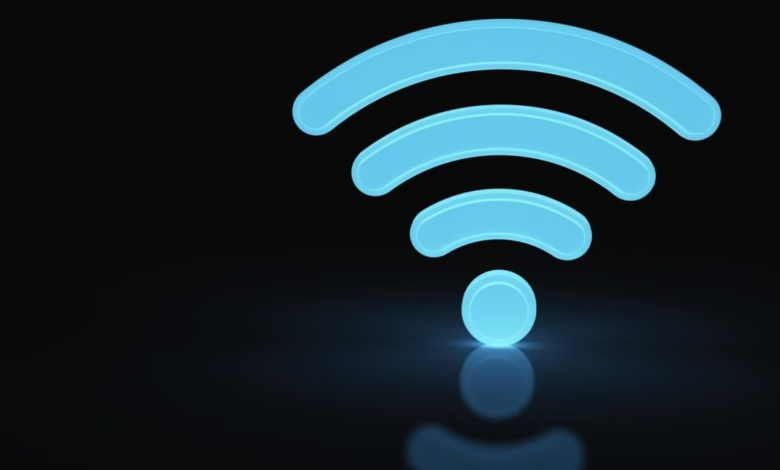Senate GOP Budget Bill May Disrupt Your Wi-Fi, Here’s How

▼ Summary
– Sen. Ted Cruz proposes reallocating parts of the 6 GHz band from Wi-Fi to wireless carriers, benefiting companies like AT&T, Verizon, and T-Mobile.
– The plan revives debate over whether the 6 GHz band should remain dedicated to Wi-Fi or be auctioned for licensed commercial use.
– Cruz’s bill removes protections for the 6 GHz band in spectrum auctions, unlike the House version which excluded it entirely.
– The proposal could force agencies to take spectrum from Wi-Fi or CBRS to meet Congressional auction mandates, as military bands are excluded.
– Up to 200 MHz of the 1,200 MHz Wi-Fi spectrum could be reallocated, impacting Wi-Fi speeds and availability.
A proposed Senate GOP budget bill could significantly impact home and business Wi-Fi networks by reallocating key wireless frequencies to major telecom companies. The legislation, spearheaded by Senator Ted Cruz (R-Texas), would open portions of the 6 GHz band, currently used for high-speed Wi-Fi, to commercial spectrum auctions favoring carriers like AT&T, Verizon, and T-Mobile.
This move reignites a longstanding debate about how to balance unlicensed Wi-Fi access against licensed wireless services. While the House version of the budget bill shielded the 6 GHz band from auctions, Cruz’s Senate amendment strips that protection. Instead, it excludes a separate military-used frequency range (7.4–8.4 GHz), potentially forcing regulators to repurpose Wi-Fi spectrum to meet congressional requirements.
Experts warn the change could carve out at least 200 MHz from the 1,200 MHz currently allocated to Wi-Fi in the 5.925–7.125 GHz range. Harold Feld of Public Knowledge notes that without protected bands, agencies like the FCC would have limited options: “They’ll need to take spectrum from whoever can’t fight back.” The Citizens Broadband Radio Service (CBRS), which shares the 3.55–3.7 GHz band with the Navy, might also face cuts.
The proposal has drawn criticism for prioritizing corporate interests over public access. Wi-Fi relies heavily on the 6 GHz band for next-generation speeds, while carriers argue they need more licensed spectrum to expand 5G networks. The bill’s rapid progression, coupled with unrelated provisions targeting state-level AI regulations, has further fueled controversy. If passed, consumers could face slower connections or crowded networks as devices compete for shrinking bandwidth.
Regulators now face a tough choice: satisfy congressional mandates by disrupting existing services or find alternative solutions that preserve both Wi-Fi reliability and wireless expansion goals. The outcome could reshape how Americans connect for years to come.
(Source: Ars Technica)

